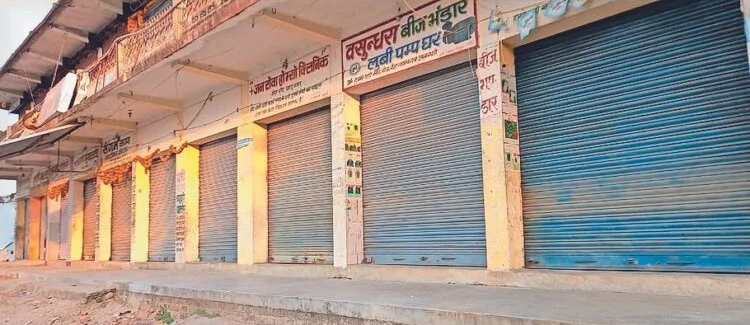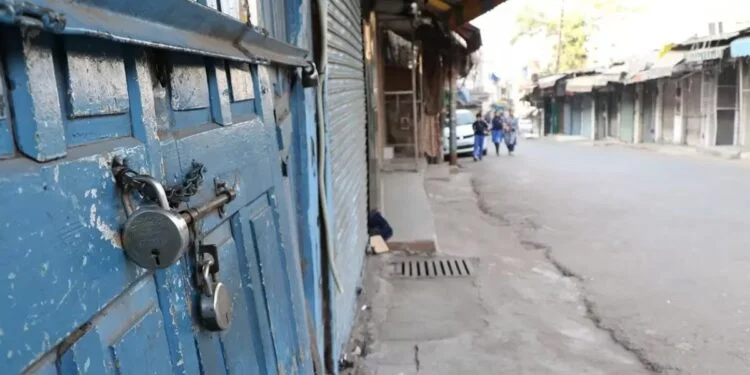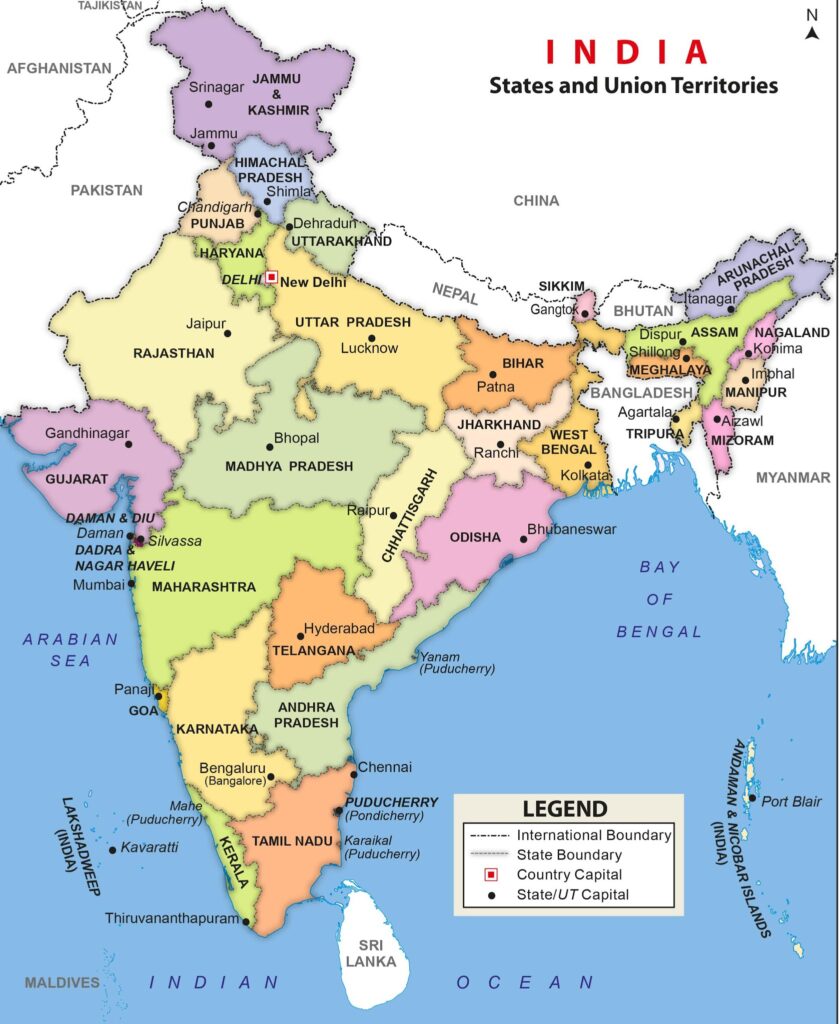
Report on the increase of the actions of the guerrilla in India and the bandh in the states of Jharkhand and Bihar
Strike in Jharkhand and Bihar. Source: YeniDemokrasi
On April 13, the Bihar-Jharkhand regional committee (BJRC) of Communist Party of India (Maoist) [CPI (Maoist)] called for a bandh [general strike] in the states of Jharkhand and Bihar. They put up some posters and banners, announcing the bandh for April 14 and 15. This strike is because the murder of five members of the CPI (Maoist). According to local media, the strike has disrupted normal life, especially in Palamu district in the state of Jharkhand. Local police said: “Many shops remained shut and few public transport vehicles were visible on the roads in areas of Hariharganj, Pipra and Naudiha police stations”. Local media reports: “Police said vehicular movement on Dumariya-Patna state highway number 69 was stopped. The main markets, including Imamganj, Raniganj, Dumariya, Guriya, Kothi, Sallaiya, Banke Bazar were shut completely, they said. Additional director general of police (headquarters) Jitendra Singh Gangwar said all units of the Central Reserved Police Force (CRPF), CoBRA, Sashastra Seema Bal (SSB) and district police were put on high alert ahead of the bandh.”

In these last weeks we reported on several actions, such as the armed demonstration in Chhattisgarh at the end of March, or some actions between the end of March and the beginning of April, for example ambushes against the police with IED’s [Improvised Explosive Device]. More actions happened in the states of Chhattisgarh, Maharashtra, and Odisha. On April first the PLGA put a landmine in Malkangiri district, Odisha, with a huge damage to the Gangalur bridge. In Maharashtra, on April fourth The Times of India reported that CPI (Maoist) distributed a leaflet and placed a banner on a bridge in Gondia district. Chhattisgarh is where more actions are reported: on April eighth a local businessman was eliminated for giving groceries and information to the police in Sukma district; on the same day an IED injured a policeman in Narayanpur district.

The Indian State is trying to dismantle the guerrillas and the Indian workers’ and peasants’ movement. On April 14, a high court in Kerala refused to grant bail to two accused of spreading Maoist ideology in Andhra Pradesh; on the other hand, there is the ”Elgar case” in which a human rights activist, Gautam Navlakha is being prosecuted. According to the Indian State, this activist has links with CPI (Maoist) and the Pakistani State. He also requested to be released on bail due to the following facts: “Among other grounds for bail, Navlakha had cited his old age, various ailments and also pointed out that he has been in jail since the last 3 years.”. Another news piece is the harassment of a villager from Birkera Sursang, Jharkhand, accused of being a Maoist. He is being called every week or 15 days to testify at the police headquarters. Local media write the following: “Sudama said that his father, late Mangra Pradhan, was accused of being a Maoist supporter by the police 23 years ago and was also sent to jail. He died in July 2000 after his release from jail.”
According to local media reports, Indian State has been committing abuses of power. We have already talked about this recently. On April 6 a verdict acquitted the 13 Greyhound officers who raped 11 Adivasi women in Vakapalli, Andhra Pradesh, in 2007. Local media reports: “In the verdict, the court had cited the failure of the investigating officers in conducting a fair and impartial investigation and therefore acquitted all the accused in the case.” The CPI (Maoist) stated regarding this verdict: “It has been proved once again that under this system, poor tribals especially women, cannot get justice.”
Regarding the political repression, the State of India made a new modification of the Information Technology rules. This law was enacted in 2021, but had modifications in 2022 and again in 2023. The new amendment refers to the control of information related to the Indian State, the government and other public institutions. The media writing on the news mentions the following: “The Editors Guild of India says the new IT rules are draconian and the government is going too far with its concern”. The Indian State government denies that this censorship will happen.

